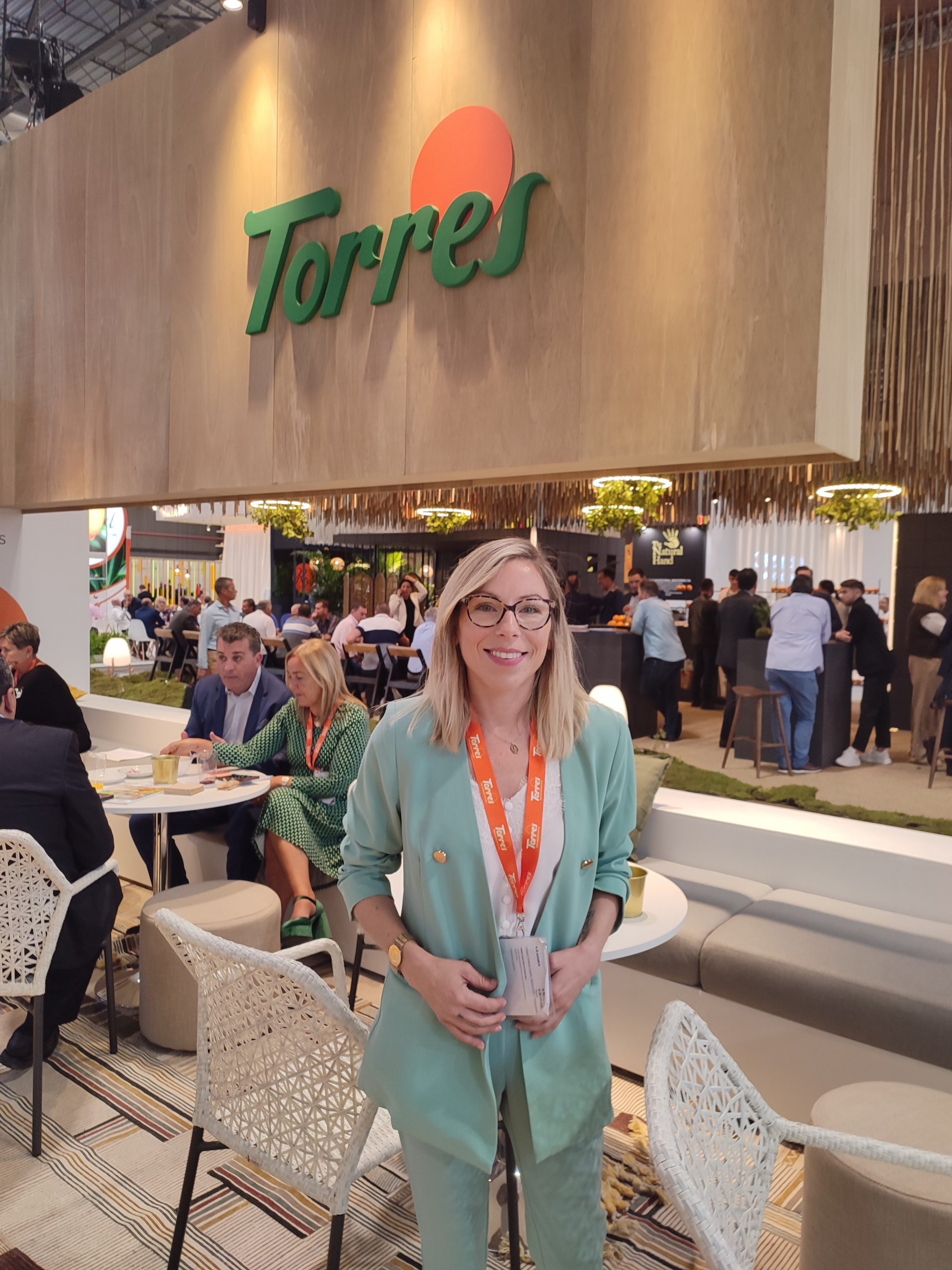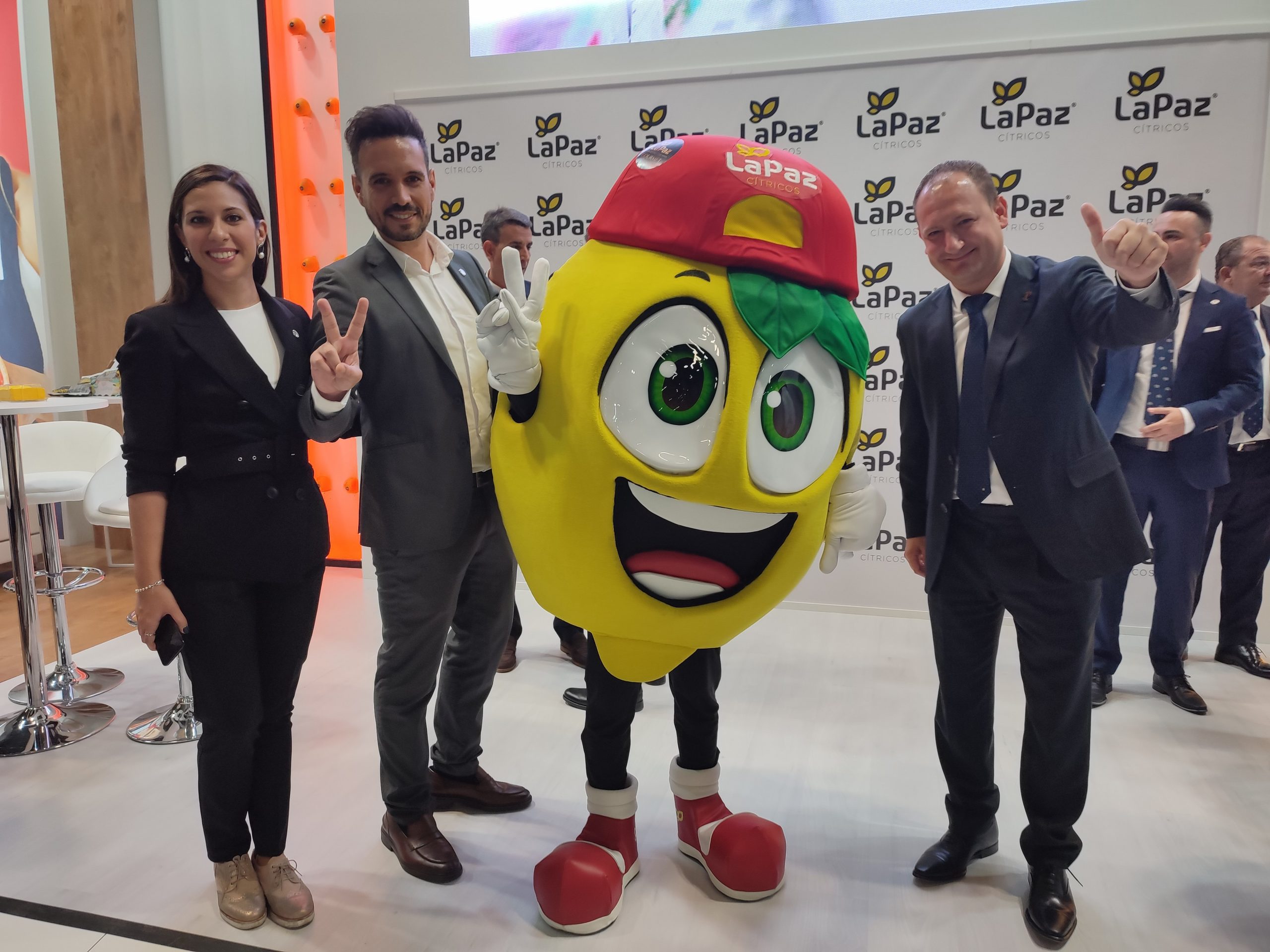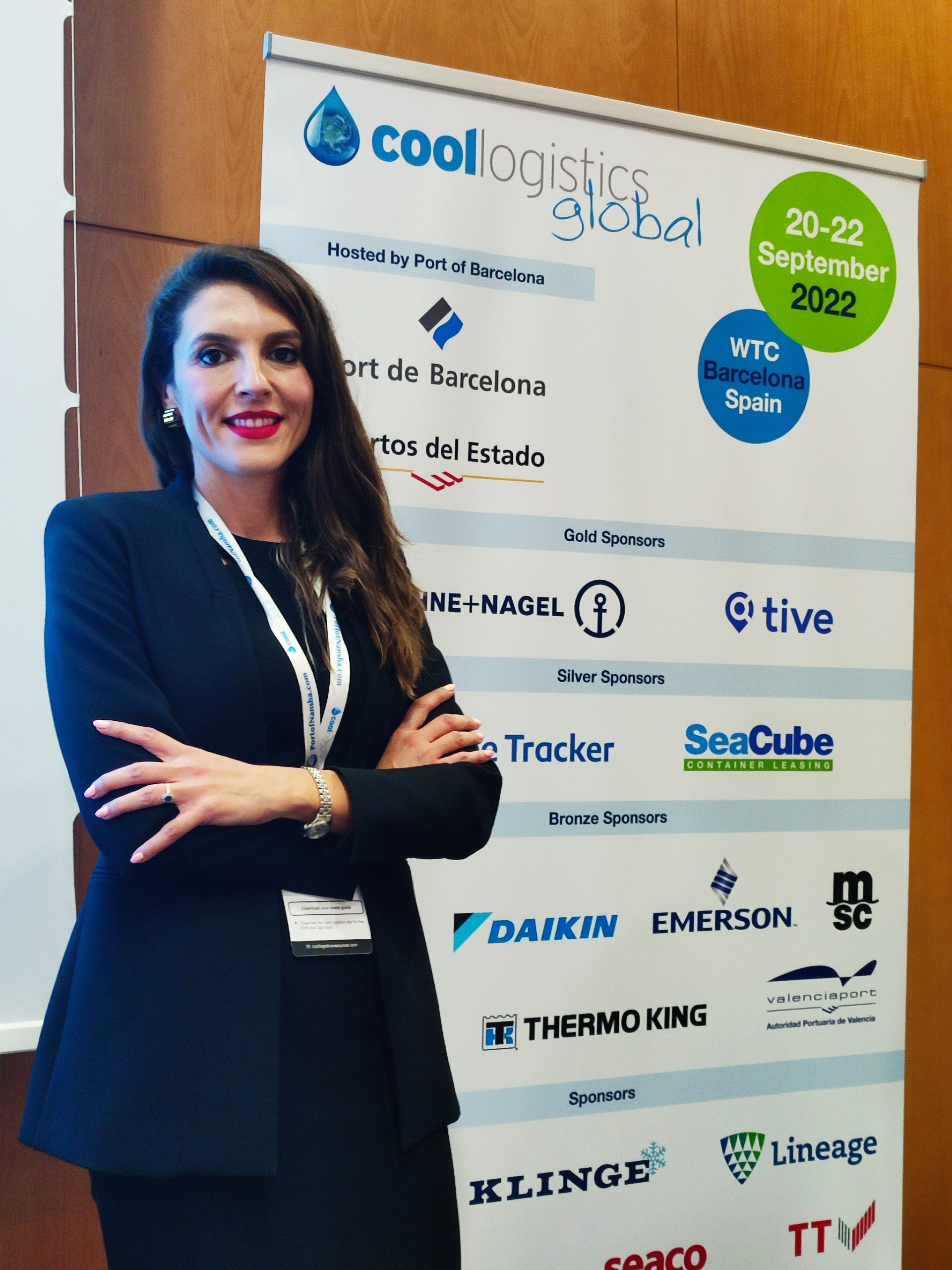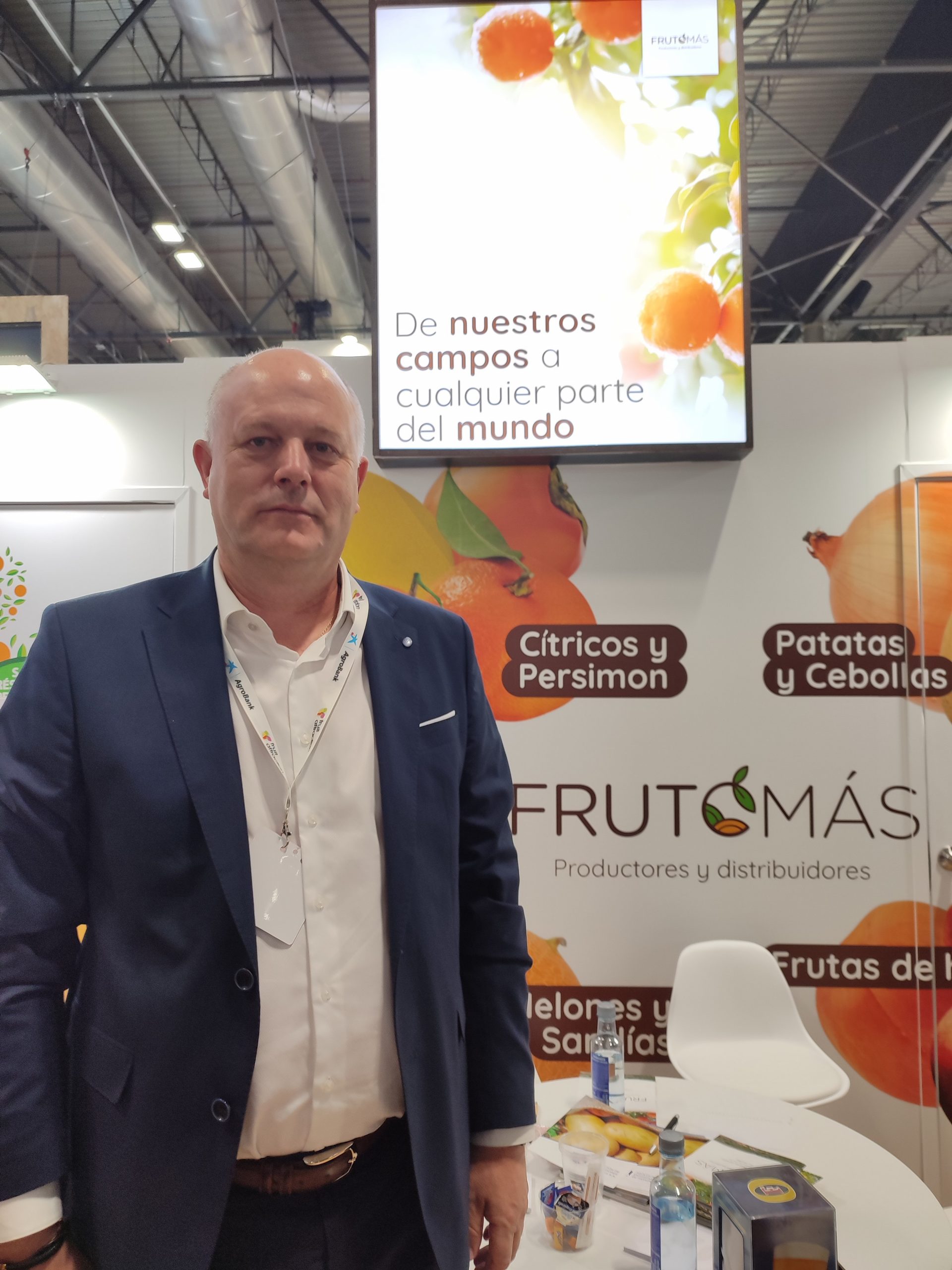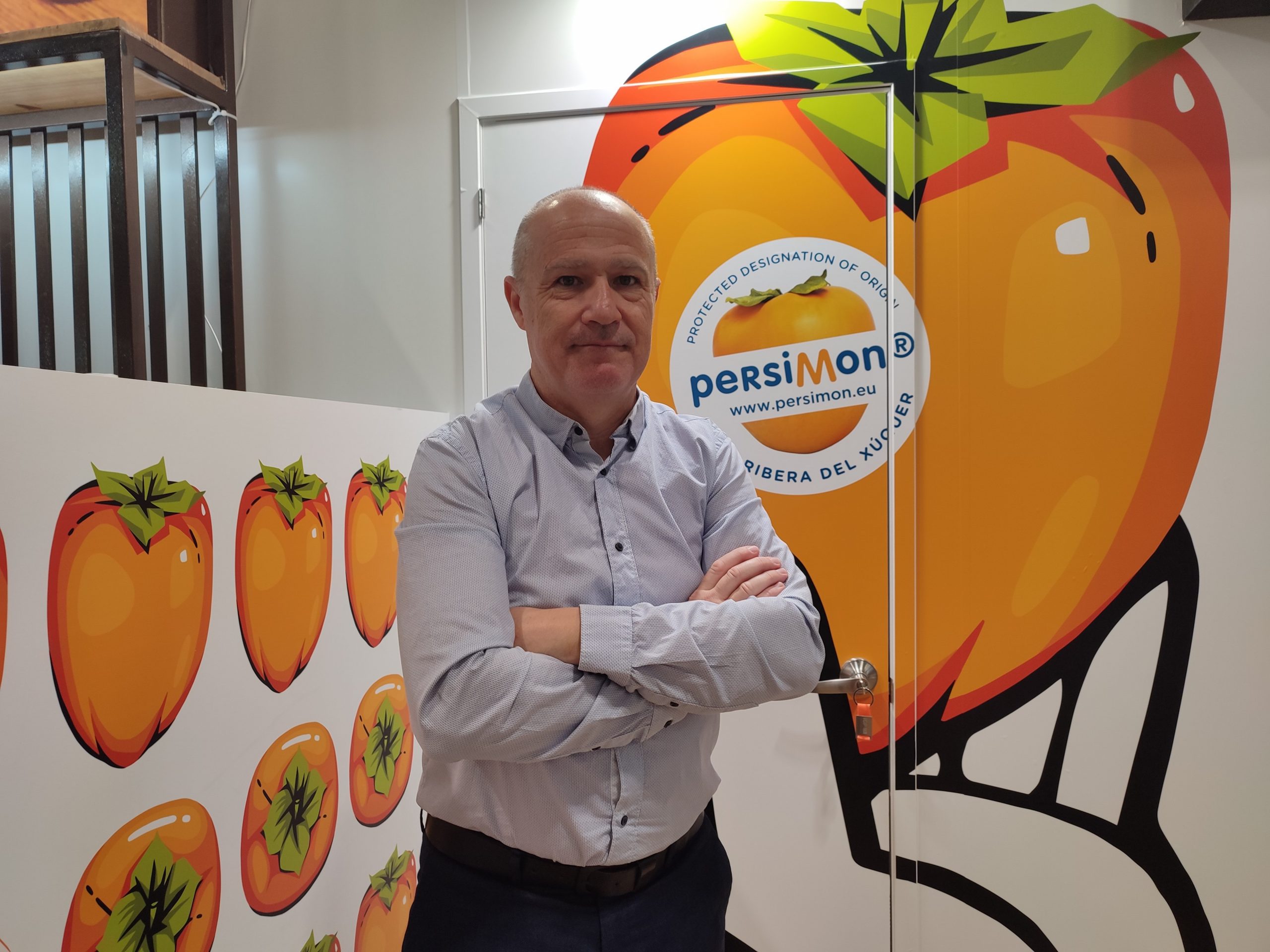Smallest Spanish citrus crop in a decade
Bollo, a hundred years of experience and more than 1,200 ha of its own cultivation.
A large part of its production is located in the Valencian community, but about 16 years ago, Bollo, the hundred-year-old family business dedicated to the production and marketing of high-end citrus, decided to expand and began producing in Senegal and Brazil, too. Thus, it now exports 190,000 tons via more than 25 ports around the world. Carla Vercher, International Trade Manager of Bollo International Fruits, said: “The company continues to be run by the third generation of the Vercher family and has recently incorporated a fourth. For Bollo, it is more important to make a good selection than to sell our entire production volume. We focus on brand and quality in order to build a relationship of trust with consumers.”
Torres: optimistic in face of complicated citrus campaign
It has been a complicated season for Valencian citrus, with weather lowering production by 40-50%. The lower supply will push prices up. “We know the looming crisis means consumers are looking at prices when buying. But we are going to try not to pass on our extra costs,” said Naranjas Torres marketing director Alba Soler. “We’re able to do this thanks to last year’s merger and the fact we have our own production fields. We’re very excited about the many changes we’re bringing in, such as new 100% recyclable mesh packaging. We want the brand to grow and to appeal to the young. We are on it!” she said.
Cítricos La Paz, a passion for lemons and grapefruit
This year at Fruit Attraction Madrid, Cítricos La Paz had a very special partner, Limoncito, the new mascot of the leading Murcian company in the production and export of lemons and grapefruit. Jaime Ortega, CEO of Cítricos La Paz, and Eduardo Artés, director of marketing, provided a warm welcome. La Paz has an extensive area of 65,000 m2 dedicated entirely to the handling and preparation of lemon and grapefruit, as well as a warehouse dedicated to conventional products and another to organic production.
Frutomás: “Cover costs and then we’ll see”
José Tomás, CEO of Frutomás Producers and Distributors of Citrus and Persimmons, is not very optimistic about the upcoming campaign. “We have lost almost half of our harvest, which will make this year very difficult. There is nothing we can do about the bad weather conditions. The spring was very hot, followed by heavy rains and hail. This sector is like that. We cannot make forecasts; it is surrreal. Customers want to pay last year’s prices and when they go to the supermarket this winter, are they going to pay 100% more than they did last year for a persimmon? We don’t know. If there is demand, good. If not, we will suffer. We consist of 200 producers supplying four customers.”
PDO Kaki Ribera del Xúquer, persimmon crop down by almost 50%
This year’s crop of PDO Ribera del Xúquer persimmon is rather disappointing, with the harvest volume down by around 50% from last season, according to Rafael Perucho, director of PDO Kaki Ribera del Xúquer. “Persimon® can only be used as a trademark by companies registered and certified by the Regulatory Council. When you consume a Persimon® kaki, you know that it is certified by the Regulatory Council,” said Perucho.


